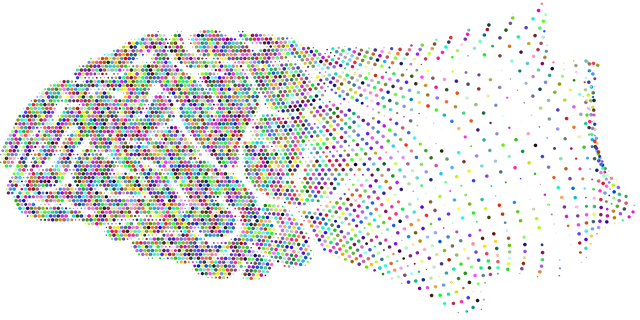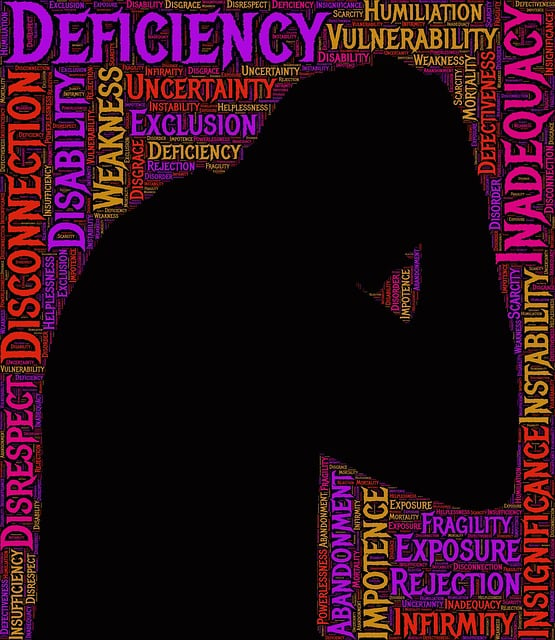Lone Tree Depression Therapy is a community-driven initiative offering holistic mental health support through emotional intelligence coaching, group sessions, and peer networks. By raising awareness through strategic communication and workshops, mental health advocacy campaigns empower individuals to manage their well-being and reduce stigma. Despite challenges like stigma and limited access to care, strategies focusing on education, self-care, and risk management planning enhance services like Lone Tree Depression Therapy, ultimately improving mental health resilience.
Mental health advocacy initiatives are vital in creating supportive communities and improving access to care. This article explores key aspects of mental health activism, offering insights into its profound impact on individuals and society. We spotlight Lone Tree Depression Therapy, a community-driven approach that demonstrates the power of grassroots movements. By examining effective strategies and tackling barriers, we aim to inspire readers to contribute to this crucial cause. Discover actionable steps and learn how initiatives like Lone Tree Depression Therapy are revolutionizing mental health support.
- Understanding Mental Health Advocacy: The Need and Impact
- Lone Tree Depression Therapy: A Community-Driven Approach
- Effective Strategies for Mental Health Advocacy Initiatives
- Overcoming Barriers: Challenges and Solutions in Mental Health Advocacy
Understanding Mental Health Advocacy: The Need and Impact

Mental health advocacy plays a pivotal role in shaping societal attitudes and improving access to care, especially for those grappling with conditions like Lone Tree Depression Therapy. It involves raising awareness, challenging stigma associated with mental illness, and ensuring that individuals receive the support they need. The need for such advocacy is evident in the ongoing Mental Illness Stigma Reduction Efforts, which seek to create a more understanding and inclusive society. By advocating for better mental health services, communities can enhance the availability of resources like Trauma Support Services, making care more accessible.
This proactive approach addresses critical issues, including the Risk Assessment for Mental Health Professionals, ensuring that those in helping roles are equipped to handle complex cases effectively. Advocacy initiatives empower individuals to speak up about their experiences, fostering open conversations that dispel myths and promote empathy. Through advocacy, communities can drive positive change, making mental health a priority and ensuring that no one suffers in silence.
Lone Tree Depression Therapy: A Community-Driven Approach

Lone Tree Depression Therapy is a community-driven initiative that takes a holistic approach to mental health support. This program recognizes that addressing depression requires more than just individual therapy; it necessitates building resilient communities where emotional intelligence and mental wellness coaching programs are integrated into everyday life. By fostering open conversations about mental health, they create a supportive environment where individuals can access resources like mindfulness meditation practices tailored to their needs.
The initiative leverages the power of community connections to combat stigma and promote early intervention. Through group sessions and peer support networks, Lone Tree Depression Therapy empowers participants to share experiences, offer encouragement, and cultivate a culture of mental wellness. This collaborative approach not only aids in managing depression but also contributes to the overall development of emotional intelligence within the community.
Effective Strategies for Mental Health Advocacy Initiatives

Mental health advocacy initiatives are powerful tools for creating positive change and raising awareness about various mental health concerns. To be effective, these campaigns must employ strategic approaches that resonate with diverse audiences. One key strategy involves utilizing Communication Strategies tailored to different demographics, ensuring messages are accessible and relatable. This can include leveraging social media platforms, collaborating with influencers, or hosting community events like Lone Tree Depression Therapy seminars.
Additionally, focusing on Emotional Well-being Promotion Techniques can empower individuals to take charge of their mental health. Implementing Stress Management Workshops Organization programs in schools, workplaces, and community centers equips people with practical tools to cope with stress and anxiety. By fostering open dialogue about mental health challenges and successes, these initiatives break down stigma, encouraging individuals to seek support and leading to improved overall well-being.
Overcoming Barriers: Challenges and Solutions in Mental Health Advocacy

Mental health advocacy initiatives face significant challenges when it comes to addressing barriers that prevent individuals from seeking support. One major hurdle is the enduring mental illness stigma, which often discourages people from openly discussing their struggles and pursuing treatment, such as Lone Tree Depression Therapy services. To overcome this, mental illness stigma reduction efforts have gained momentum, focusing on educational campaigns that promote understanding and empathy. By normalizing conversations around mental health, these initiatives foster an environment where individuals feel more comfortable reaching out for help.
Another substantial barrier is the lack of access to affordable and quality mental health care services. Many individuals face financial constraints or live in areas with limited resources, hindering their ability to access necessary treatment options. Self-care practices can play a crucial role in bridging this gap by empowering individuals to take proactive steps towards managing their mental well-being. Additionally, implementing risk management planning for mental health professionals ensures that practitioners are equipped to handle complex cases and provide effective care while maintaining their own mental health and resilience.
Mental health advocacy initiatives, such as Lone Tree Depression Therapy’s community-driven approach, play a pivotal role in fostering well-being. By understanding the need and impact of these efforts, we can develop effective strategies to overcome barriers and reach more individuals. Initiatives like Lone Tree Depression Therapy demonstrate that collaborative, accessible solutions can significantly improve mental health outcomes, ensuring a brighter and healthier future for all.














